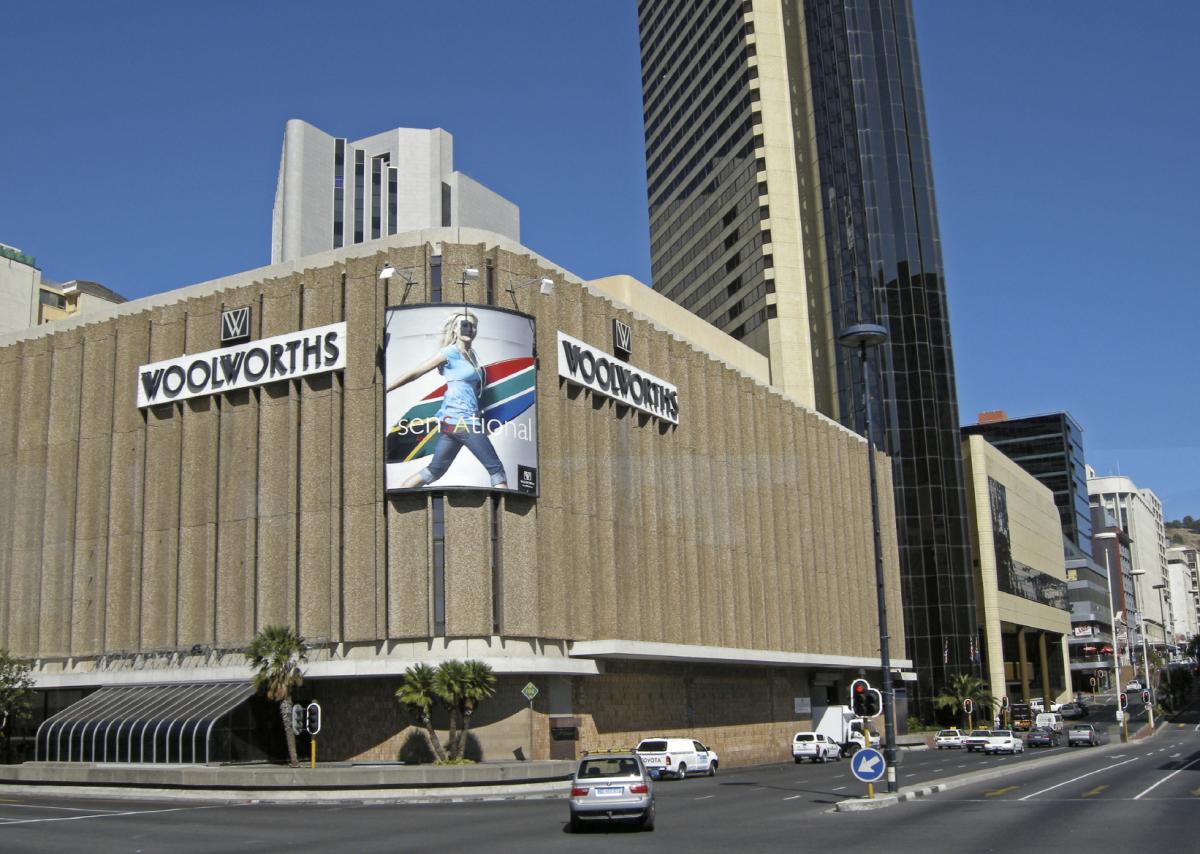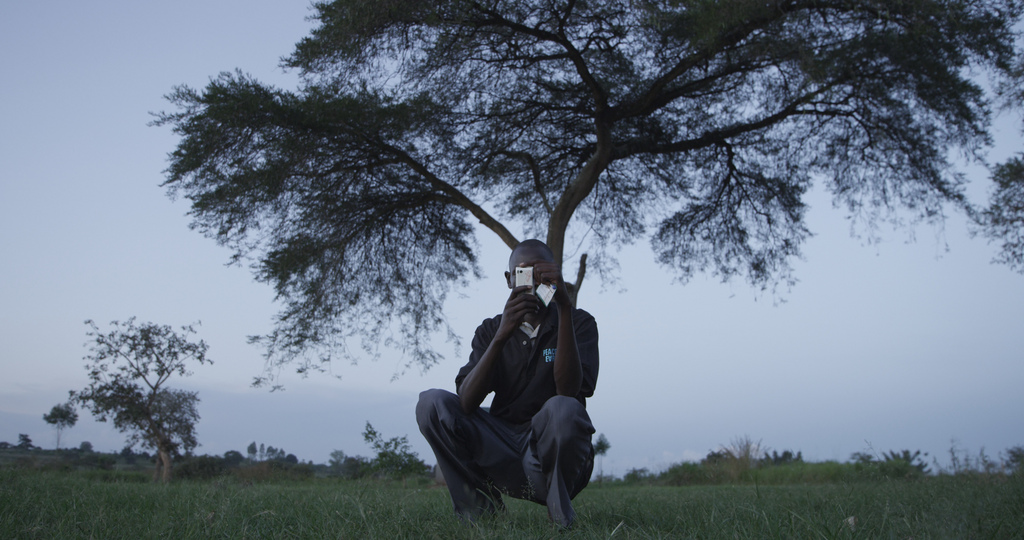Communicating sustainability efforts to all those affected by a business’s operations is an integral part of corporate responsibility
As growing numbers of investors and customers are waking up to the benefits of corporate social responsibility, companies are trying as hard as ever to publicise their sustainability efforts effectively and persuade stakeholders to follow suit.
Most companies realise that changing the way they do business to make it more sustainable is inevitable, and sharing and endorsing that message is good business, not just a side strategy, says Ed Gillespie, co-founder of Futerra Sustainability Communications, an agency with offices in London, Stockholm and New York.
“It’s not just about saving energy in headquarters, it’s about looking at whole new ways to operate,” Gillespie says. “We’re moving past the initial ideas of reducing greenhouse gases and climate change to paying living wages. It’s the idea that businesses have a responsibility not just to the business, but to others.”
The lengthy annual sustainability reports are still required reading for board members and managers, but clever communication strategies are also opening new territory. While the medium varies depending on the sector and type of business, more efforts are going into social media and ways to involve customers, partners and investors. According to Gillespie, companies now want to come across not only as “hard-nosed commercial enterprise[s]”, but also as sustainable organisations.
The audience dictates the medium, says Claire Thwaits, managing director of the Network for Business Sustainability (NBS) South Africa and senior programme manager at University of Pretoria’s Transnet Programme in Sustainable Development.
“You want to communicate on a platform people find accessible and palatable,” Thwaits says. “You talk to investors in financial language. In other cases, social media works.”
Stakeholders these days are not just investors and customers, but also neighbours, such as the schools or homes near a company, that have certain expectations about how company operations should or should not impact them.
The NBS, which also has offices in Canada and Chile, helps businesses learn to manage their “triple bottom line”: their financial, social and environmental risks, obligations and opportunities. The university programme, on the other hand, teaches students and future business leaders how to respond to business challenges, such as identifying their audiences to ensure effective message delivery.
Futerra also designs interactive games for companies to get their customers more engaged with sustainability, and has produced films for clients. Storytelling through conventional marketing is still as relevant as ever, Gillespie says, and the most effective narratives tell how the company has leveraged sustainability to become a better business. “Increasingly, people are realising that stories affiliated with sustainability are better stories; they tell what we can do for the world,” he says.

A well-publicised and effective sustainability plan both benefits the bottom line and attracts the right employees. “Everyone wants a sense of purpose; it helps with employment recruitment and retention and customer loyalty,” Gillespie says. At the same time, sustainable products must be better than others on the market because they can’t always compete on price alone. “You are not going to sell a lot of organic fair trade coffee if it tastes like mud,” he says. “You can solve most of the world’s marketing problems by making things that don’t suck.”
Woolworths, a popular South African grocery and retail chain, sells organic, ethically grown produce at the same price as other similar products so that people don’t have to choose based on cost, Thwaits notes. The stores also strive to sell as much locally grown produce as possible.
Sustainable living
Companies with strong sustainability plans and solid track records are taking their message to the public. Since 2010, UK-based consumer goods giant Unilever has been promoting the Sustainable Living Plan, the company’s blueprint for sustainable business growth. The plan’s website regularly tracks Unilever’s progress in meeting its goals to improve health and well-being, reduce environmental impact and enhance livelihoods. Users can peruse current information on environmental impacts and data, watch videos, read sustainability trends and news, and share them on social media.
Unilever also took to the airwaves to urge people to address sustainability challenges in their communities. In July 2014, Unilever UK used a prime time TV advertising spot to launch its Project Sunlight campaign in five leading markets around the world. The global “movement”, as the company describes it, aims to inspire people to create a better future for millions of children by living more sustainably.
Jon Goldstone, Unilever UK’s vice-president for brand building, foods and refreshments, says: “We’ve made good progress in sustainability since the launch of the Unilever Sustainable Living Plan in 2010, but consumer behavioural change is still the most challenging area for us, so we hope that through this campaign we can get our shoppers on board, living more sustainably.”

As part of Project Sunlight, each participating country identified a common sustainability issue in its market and highlighted young people “who have new visions for a brighter future”, according to a Unilever press release. The campaign aims to reduce food poverty and food waste in developed markets, and improve hygiene and sanitation, including hand washing, to minimise disease in the developing world.
Unilever UK is focusing on the paradox of food waste and food poverty, issues which “are closer to home than many people think”, the company says. According to Unilever and Oxfam UK Poverty Programme’s new Waste Not Want Not report, 42% of UK households find it difficult to live on their income, and about 20% of these borrow money from family or friends for food. Shockingly, 22% of the parents in these families even go without food so that their children can eat. Yet, 75% of people continue to throw away food, according to the report.
Unilever and Oxfam, Unilever UK’s official charity partner since 2012, also launched #ClearAPlate, a campaign encouraging people in the UK to think carefully about their own food waste.
Good tech
Another active sustainability campaigner, Sweden-based communications technology and services provider Ericsson, adopted the communications platform Technology for Good to promote technology as a tool for engagement, innovation and lasting change. Ericsson encourages people to join the campaign through multiple social media channels – from Facebook, Twitter and YouTube to Ericsson’s own Technology for Good blog. The movement’s Facebook page hosts an active social media community that discusses the issues presented in the company’s annual sustainability report.
In 2013, MiljöRapporten, the leading environmental and sustainability journal in Sweden, ranked Ericsson’s Sustainability & CR Report number one in the country.
“It is important that stakeholders know of our commitment and results in this area,” says Elaine Weidman-Grunewald, Ericsson’s vice-president for sustainability and corporate responsibility. “We are currently working on our 22nd sustainability report, so we have a long history of reporting, and our stakeholders consistently value this.”

Ericsson regularly conducts engagement sessions on topics such as human rights with targeted groups like investors and public employees. The company also partners with several humanitarian organisations, such as United Nations agencies, and has sent employees and equipment to join disaster relief efforts around the world.
Ericsson aims to elevate the use of information and communications technology on the sustainability agenda. “There is so much potential to contribute to solving some of the global challenges, such as poverty, climate, education and more, but still too little understanding about this potential,” Weidman-Grunewald says. “However, we are also clear that no one entity can do this alone, so we actively participate in a number of public-private partnerships to help meet these challenges.”
In South Africa, the Woolworths chain is at the forefront of sustainability efforts. The company has adopted a Good Business Journey policy to measure its sustainability performance and influence its customers and partners. In 2011, it was named one of the 16 sustainability champions in the developing world by the World Economic Forum. Woolworths is also one of only five South African-listed companies included in the Dow Jones Sustainability World Index. The company has reduced its water and chemical use in farming while maintaining soil health and has cut its energy consumption by almost 31% from 2004 levels.
Woolworths is also partnering with schools, offering curriculum materials, including modules on healthy and sustainable living, as well as programmes for teachers and parents. Many stores offer tours for parents to teach them how to select healthy foods and provide children with a balanced diet.
“Companies have a huge opportunity to build a brand around sustainable activities,” says NBS’s Thwaits. “Sustainability is [companies’] social licence to operate. By maintaining a credible stream of communication around sustainability activities, they create trust and credibility.”
Branding branding briefing briefing communications communications briefing ethical briefing stakeholder engagement sustainability communications

